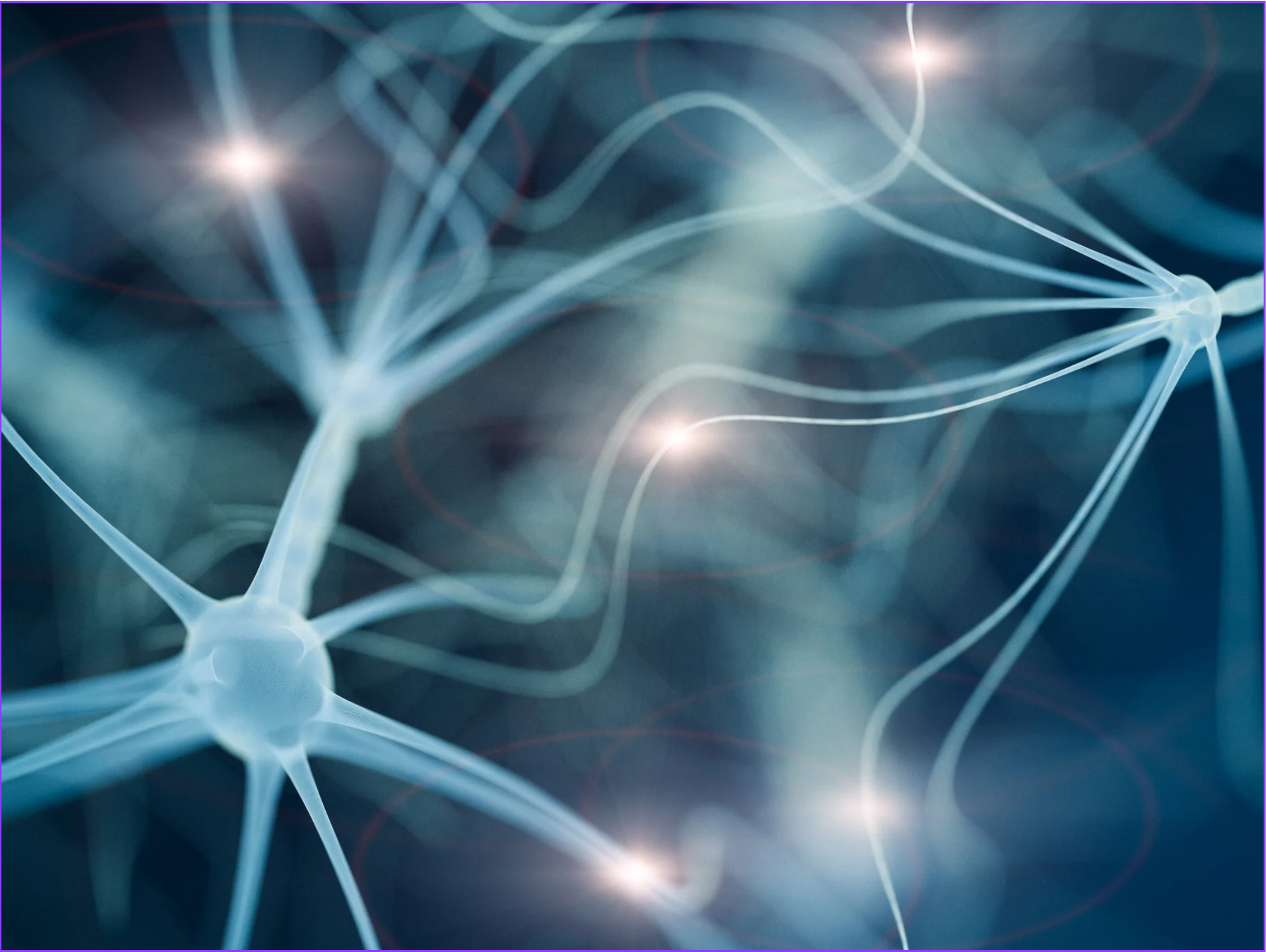Training and stimulating the cognitive functions is essential to improve cognitive performance and has a positive influence on the acquisition of social skills and personal autonomy. Cognitive stimulation helps to develop memory, attention, executive functions or language and, in this way, prevents cognitive deterioration associated with ageing.
Cognitive abilities allow us to speak and communicate, understand language, recognise people and things around us and confer meaning on them, solve problems, plan what to do tomorrow, or remember what was done the previous day, among many other things.
Our brain is responsible for carrying out a whole series of processes, unfolding a large number of skills and abilities. The diverse capacities we possess do not depend only on genetic and inherited factors, but also on learning and the continuous interaction that everyone establishes with their environment. This is important to bear in mind because it implies that these abilities can be modified and improved with practice and experience. This is explained by the premise of brain plasticity or neuroplasticity, i.e. the adaptive capacity of the brain to modify its own structural organisation and functioning in response to contextual events and educational action under appropriate conditions.
From the point of view of cognitive stimulation, the concept of brain plasticity is important because, under the effects of appropriate and constant stimulation, through systematic practice and repetition, the brain can favourably modify its structure and functioning, offering the possibility of optimising cognitive performance and abilities. To date, a multitude of materials aimed at training cognitive skills have been published, ranging from everyday objects, psycho-educational and strategy games, hobby notebooks, etc. to more specialised material such as concrete structured activities that constitute cognitive stimulation programmes. The fact of having a diversity of materials facilitates motivation and better performance.
From the field of neuroscience and new technologies, some cognitive stimulation programmes have also been developed to add a new format. The greatest benefits that online cognitive stimulation can bring, in addition to optimising cognitive and functional performance, is to increase the degree of motivation and involvement of those who are using the programme, as well as to improve personal autonomy and self-esteem. An example would be the NeuronUp programme.
In the case of people with Down’s syndrome, as in the rest of the population, cognitive stimulation helps to improve memory, attention, executive functions or language and, in this way, prevents cognitive deterioration associated with ageing. The sum of many factors helps to improve and maintain cognitive functions such as, for example, enjoying a full and stimulating daily life, working in a professional environment, enjoying leisure time with friends and family, experiences of supported living and even independent living, among others. All of these are very likely to bring about positive changes in their lives.
















